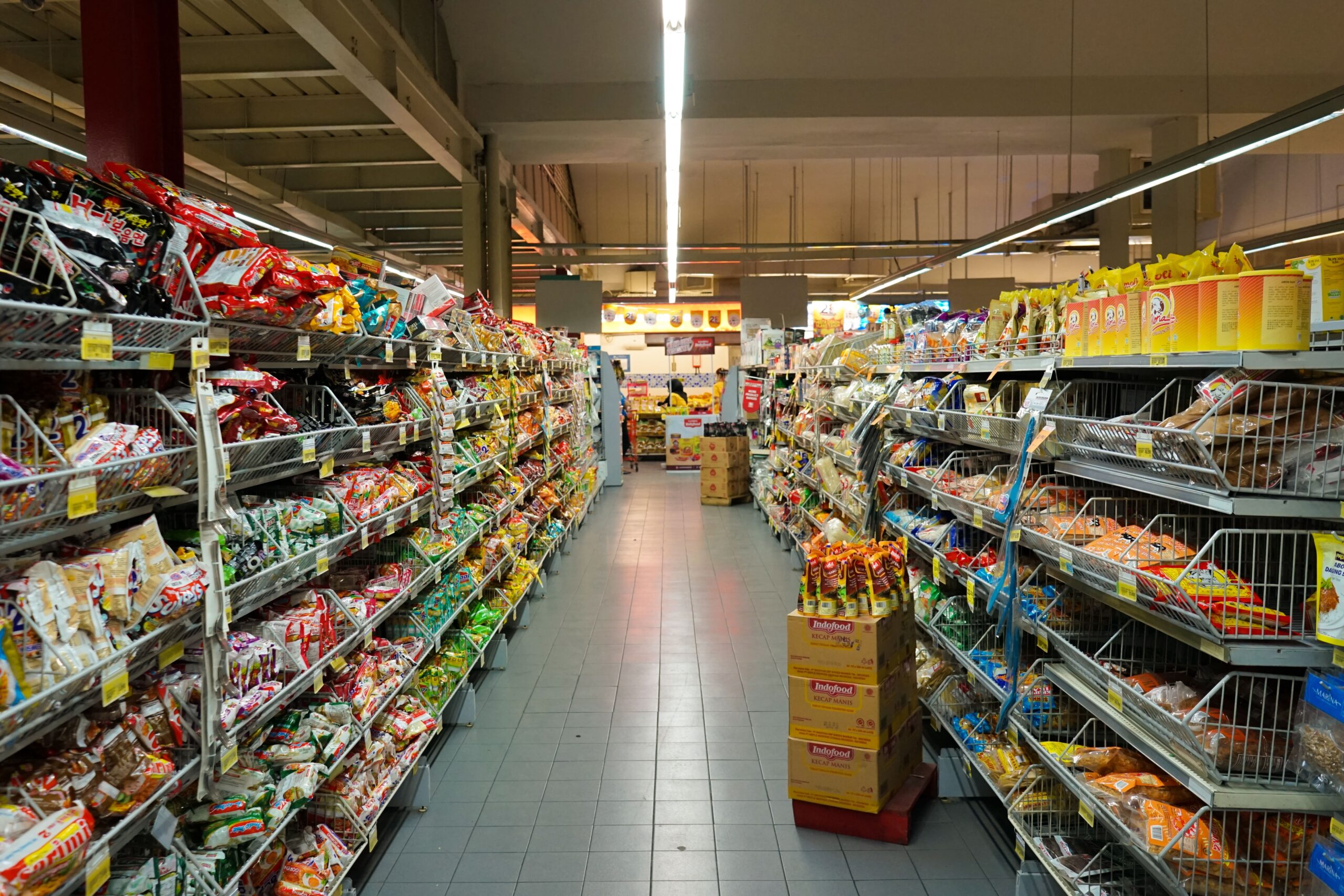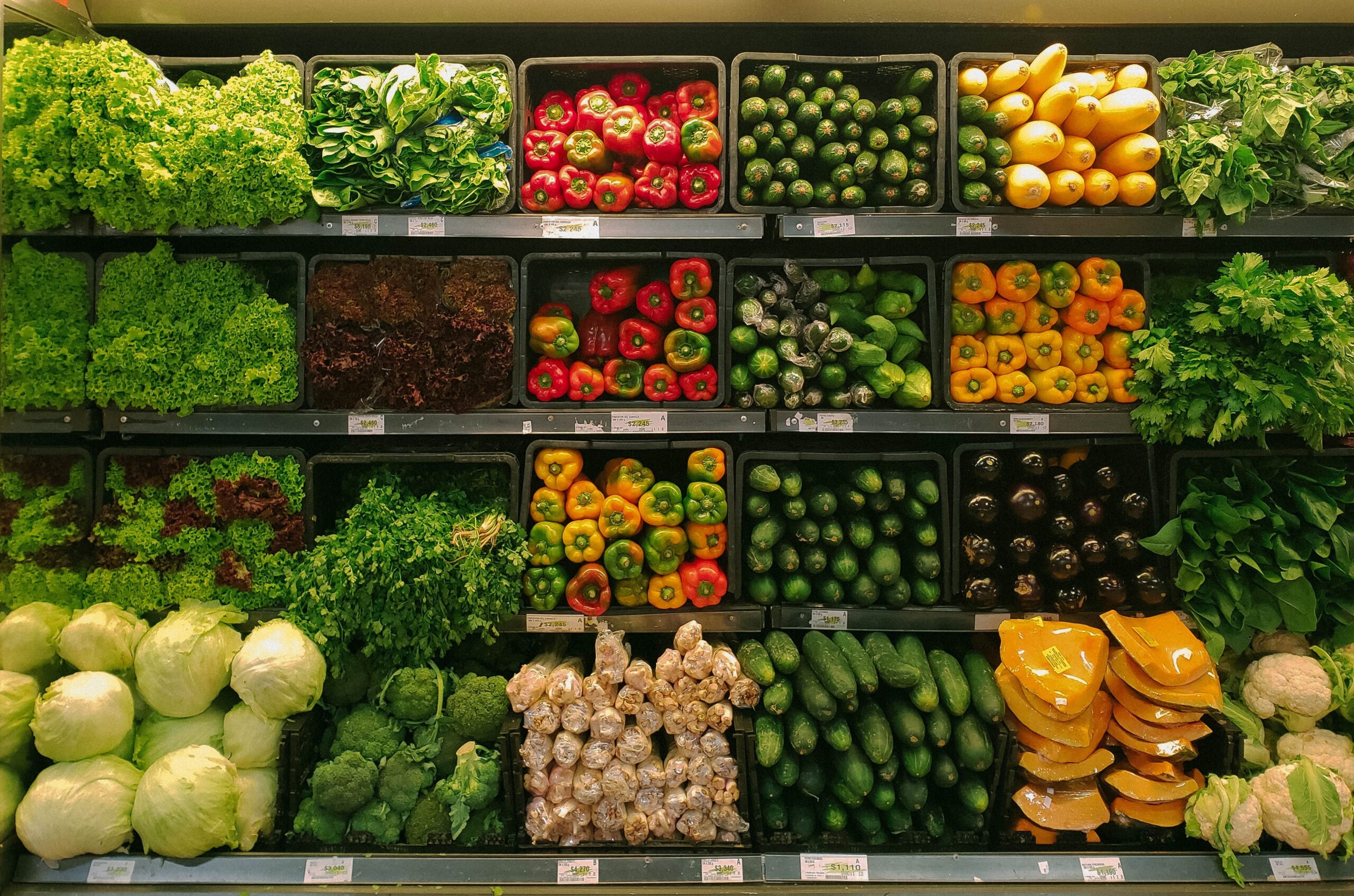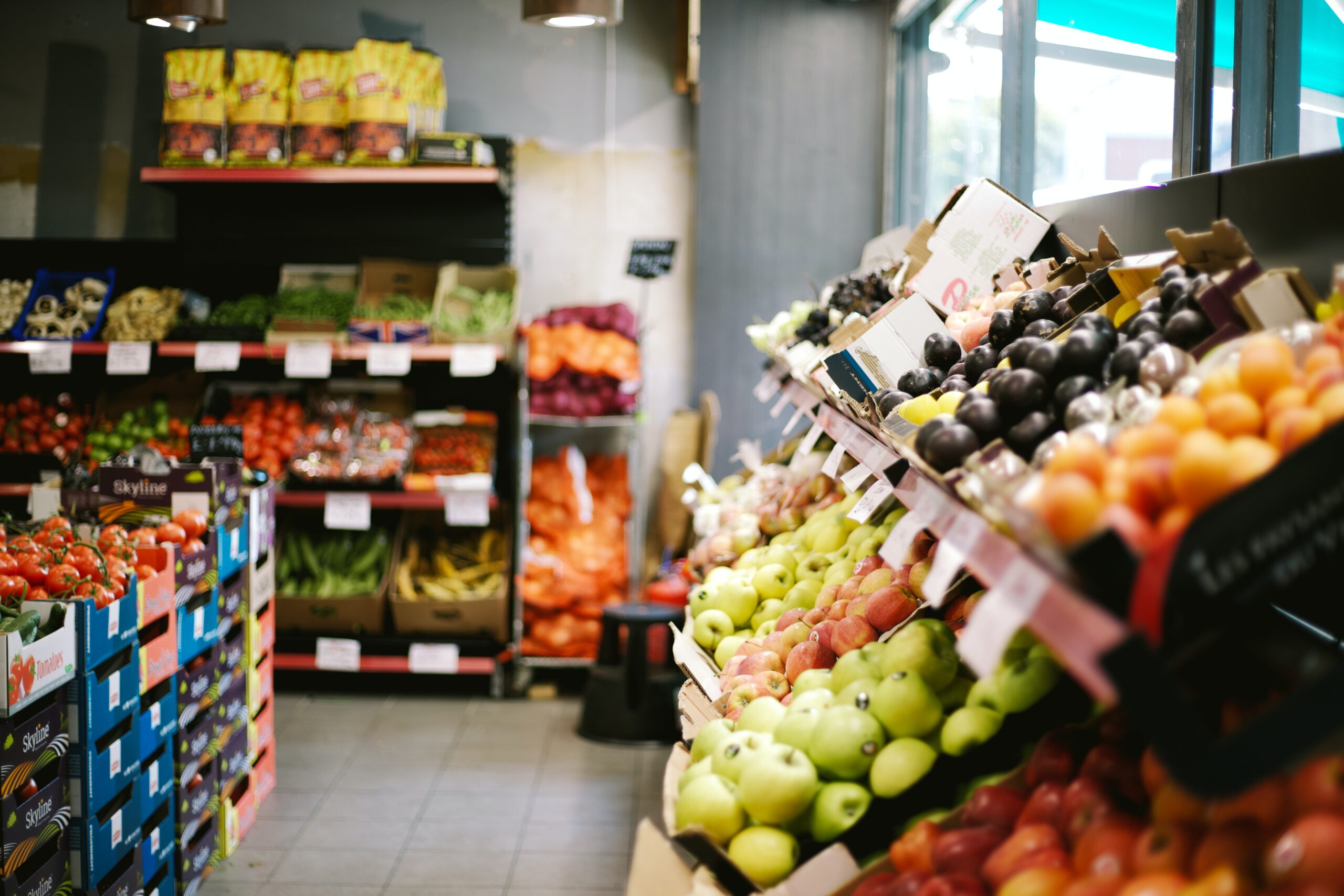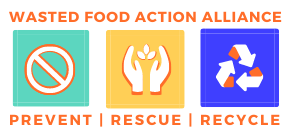Grocery & Food Retail
Challenges
According to ReFED, a national nonprofit working to end food waste, “It is estimated that retailers generated 10.5 million tons of food waste, sending along one-third of wasted food to the landfill…waste is built into the supermarket retail strategy.”
Opportunities
Food retailers and grocery chains have opportunities for food waste prevention, rescue/donation to feed people, and to recycle/compost food scraps on both a warehouse-level and in stores.
They have the opportunity to work along the food supply chain to influence suppliers, drive efficiency with operations, and engage with customers about the value of their food to reduce grocery waste.



PREVENT / reduce
Food waste reduction requires changes in retail management techniques and standard procedures. This includes a) storage techniques to extend shelf life, b) inventory technology systems to avoid excess supplies, and c) protocols for adapting to overages of perishables (i.e. produce) at the warehouse and store levels.
Customer education and engagement is critically important and includes updating cosmetic standards to accept a wider range of appearances and blemishes as well as best practices to prevent wasted food at home.
RESCUE / donate
The store sets the foundation for donating by giving employees an awareness of the issues and an understanding of the purpose and goals of the food recovery program. Food retailers can partner with organizations like Feeding America and local food banks to donate unsellable products from warehouses and stores. These donations feed neighbors in the local community and also help reduce the food retailer’s waste and environmental impact.
Food Rescue FAQs – This FAQ linked below is an informational document for store managers interested in reducing food waste, specifically regarding food donation.
RECYCLE / compost
75% of an average supermarket’s waste stream is compostable material. The produce department in a typical supermarket will generate 50% of the store’s waste. Other priority departments including floral, bakery, deli, seafood and meat, cheese and dairy, grocery and frozen foods, and prepared foods.
In starting a composting program, it is important to make composting easy and accessible, placing bins strategically to maximize collections, and displaying signs in multiple languages (if needed).
Employee education is also vital to a successful food scrap program.
Resources
The grocery and food retail tools and resources on this site were developed collaboratively by Wasted Food Action Alliance, Seven Generations Ahead, Bright Beat, and a national grocery chain. This project was funded through the Searle Funds at The Chicago Community Trust, Food:Land:Opportunity is a collaboration between Kinship Foundation and The Chicago Community Trust.
